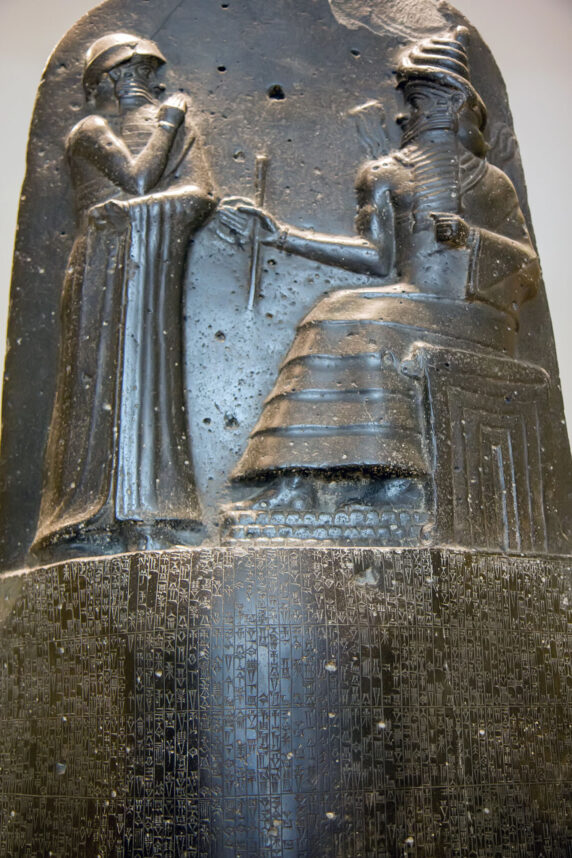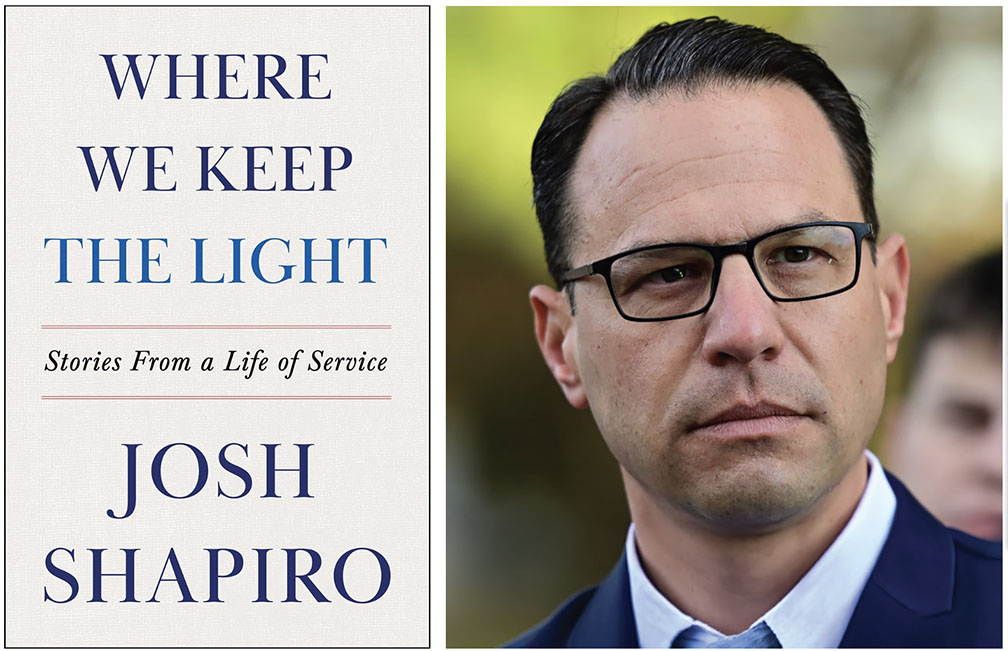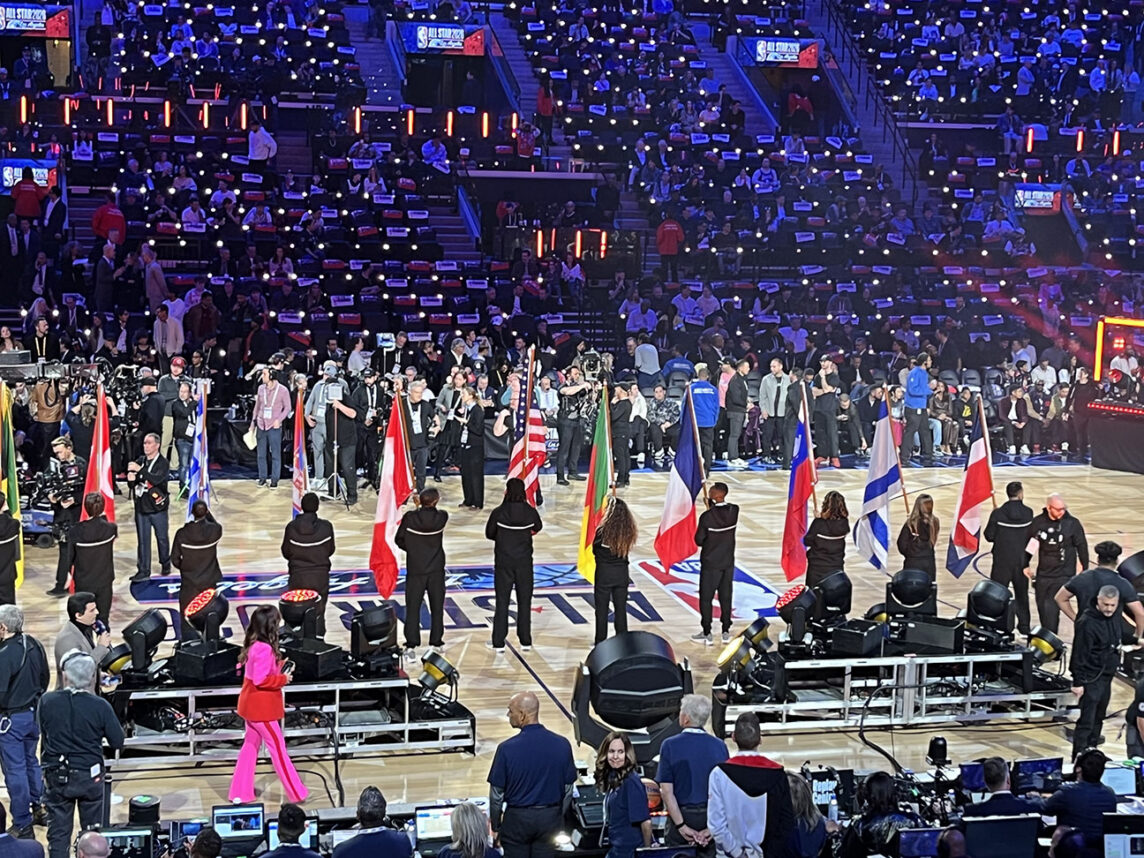
Last week, The Washington Post reported that in 2018, President Donald Trump offered the entire territory of The West Bank to King Abdullah II of Jordan. The scoop came from “The Divider: Trump in the White House 2017-2021,” a yet to be released book on the Trump administration written by Peter Baker of The New York Times and Susan Glasser of The New Yorker. According to “The Divider,” President Trump made the gesture believing he “was doing the Jordanian king a favor,” and that Abdullah “thought he was having a heart attack” when the phone call came. “I couldn’t breathe. I was bent-doubled over,” the sovereign of the Hashemite kingdom is quoted in saying.
If Baker and Glasser are accurate in their reporting, this never-to-be arrangement is quite the dramatic political story. The offering of the West Bank to Jordanian rule relates to nearly every aspect of the Israeli-Palestinian conflict, from its bloody beginnings to its coveted peaceful conclusion. But before any analyses can be made, one crucial question must be answered, a question that was curiously not acknowledged in the initial Washington Post article: Did Benjamin Netanyahu know? Whether or not Israel’s former (and possibly future) Prime Minister of Israel knew of President Trump’s plans in 2018 carries important implications for the stability of the region and regarding what the players in the peacemaking process are actually after.
The first hypothesis is that Benjamin Netanyahu was not aware of the proposal made to Abdullah. This narrative seems to coincide more fully with what most of both Americans and Israelis understand about the conflict. Netanyahu leads a right-wing coalition in the Knesset made up in large part of religious Zionists. A cornerstone of religious Zionism is the conviction that the Jewish people must settle the entire land of Israel to redeem some higher spiritual purpose. Another common belief is that Israel must continue the occupation for security concerns: that the Palestinians have relinquished their opportunities to govern themselves after decades of rejectionism and terrorism. The nationalist right is also quite uncompromising on settlers in what they call “Judea and Samaria ” being evicted from their homes in the same fashion as the Gush Khatif settlers of Gaza in 2005. Therefore, it would seem outside the realm of possibility for Netanyahu to betray the foundational support he receives politically by not obstructing President Trump in his offer to King Abdullah. “The Jordan option” remains only of interest to those who feel no physical or religious attachment to the land between the green line and the Jordan River, and this category of Israeli voters are most likely not voting for Mr. Netanyahu.
Then there is the second hypothesis, which is significantly more interesting should it be true. In this scenario, Prime Minister Netanyahu was aware of the call between Trump and Abdullah and neither privately nor publicly expressed opposition. This would mean that Netanyahu was at least entertaining the Jordanian option during his last premiership, which could be verified by a comment made in 2018 by Gideon Sa’ar, then a powerful member of Netanyahu’s Likud party, when he spoke of the possibility of a “link in the future between an Arab autonomy in Judea and Samaria and the Kingdom of Jordan.” If, when in power, Likud was not diametrically opposed to giving up land conquered by Israel in the 1967 war, then contrary to widespread belief, Likud is not a party hellbent on annexing the West Bank, a notable contradiction to Israel critics who see a right-wing government as a stepping-stone to a one-state, apartheid-adjacent future for the region. If Bibi did know, then the mainstream Israeli right is more reasonable than we thought and is only flexing its hardline policies on the Palestinians in the West Bank as part of a strategy of maximum pressure on the Palestinians to come to the negotiating table.
If Bibi did know, then the mainstream Israeli right is more reasonable than we thought and is only flexing its hardline policies on the Palestinians in the West Bank as part of a strategy of maximum pressure on the Palestinians to come to the negotiating table.
Such a position could be supported by previous political moves. In 2020, Mr. Netanyahu proposed plans to annex the Jordan Valley, a strip of fertile land on the east side of the West Bank, into Israeli sovereignty. However, these plans were scrapped immediately after the United Arab Emirates and Bahrain signed normalization agreements with Israel, leading many to theorize that the plan for annexation, which received widespread criticism and outrage from liberals in Israel and all over the world, served the purpose as a bargaining chip to pressure Arab countries to move on establishing diplomatic ties with Israel and was subsequently a scare tactic. Such a political maneuver, of holding on to land until cards fall in your favor, is congruent with Israeli history.
In the 1970s, Israel handed the Sinai Peninsula it had conquered in the 6-Day War back to Egypt in exchange for peace. In the decades following, Israeli governments, both right-wing and left-wing, routinely offered most if not all the West Bank and the Gaza Strip to the Palestinians in exchange for a never-to-be cease in hostilities. Israel has, on every occasion, signaled that it will relinquish treasured territory and swallow hard compromises to live out the rest of its days without the threat of imminent invasion. Thousands of left-wing journalists and commentators have claimed that this compulsion is gone, swept into the dustbin of history. They are increasingly certain that Israel will only steal more land, throw more Palestinians off theirs, and continue their military occupation no matter how many surrounding Arab nations agree to make amends with their Jewish neighbor. But if Benjamin Netanyahu knew about the call between President Donald Trump and King Abdullah of Jordan and did nothing to interfere with the proposal regardless of how doomed it was, then these thousands of talking heads would be proven undeniably incorrect. It would suggest that the Abraham Accords-esque strategy of fomenting agreements with surrounding Arab nations to solve the Palestinian problem, rather than the other way around, is being pursued more broadly.
A possible rebuttal to this argument, assuming that Benjamin Netanyahu knew about President Trump’s offer, is that Bibi only greenlights potential peace deals he knows are going to fail. The “Trump Peace Plan” of 2020, which offered the Palestinians a state in only fragmented and noncontiguous sections of the West Bank, was certainly not going to end the conflict. A confederation with Jordan and Israel is also (for now) destined to fail, in part because of the political aspirations of the Palestinians and also the intransigence of the Hashemite kingdom in absorbing hundreds of thousands of more Palestinians. Yet even if this is true, it should still be a bigger story that Netanyahu was at least willing to offer the Jordanian option, because it shows that the hardline annexationist right does not have a chokehold on Israel’s largest right-wing party or even on Israel’s most popular right-wing leader. It shows that Benjamin Netanyahu knows that the reality of Israeli occupation in the West Bank is a potential bargaining chip, and that Netanyahu does not represent a radical departure from previous prime ministers and governments who understood that the land for peace equation can in fact work, given the right conditions.
At the time this piece is published, I will be an Israeli citizen, just days ahead of my Aliyah flight. I will certainly not be voting for Netanyahu or any right-wing party in the next election. I am what modern Israelis may call a naive 1990s-era peacenik, continually thinking about the day the conflict does end and the steps we as a country can take to get us there (other Israelis might call me an arrogant American who is trying to fix Israel after being here for three days, and to that I say, guilty as charged.)
Nonetheless, conflict resolution as a possibility is a brute fact of Israel’s existence, because even the most existential and bitter conflicts have ended before. And I’m willing to seek out glimmers of hope in getting us there even in the leaders I disagree with the most.
Blake Flayton is the New Media Director and columnist for the Jewish Journal.


































